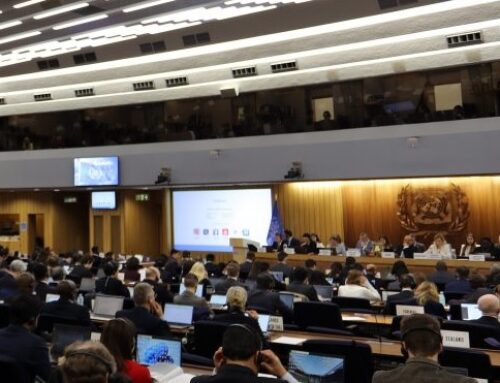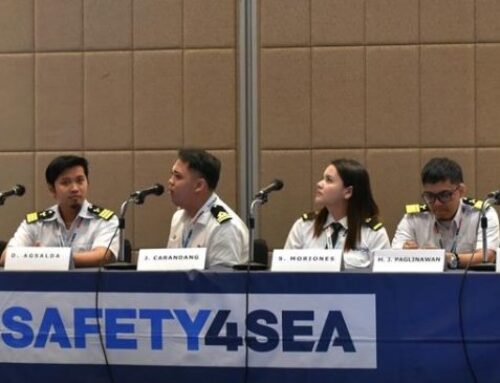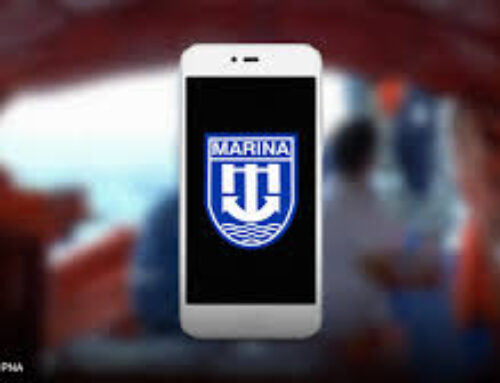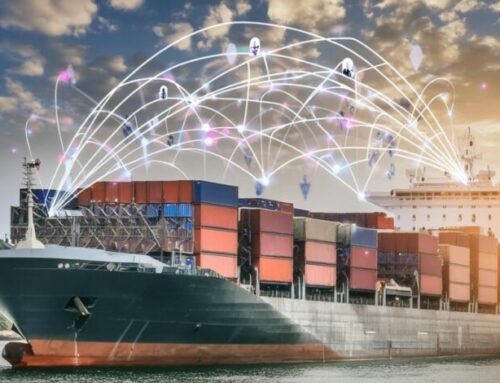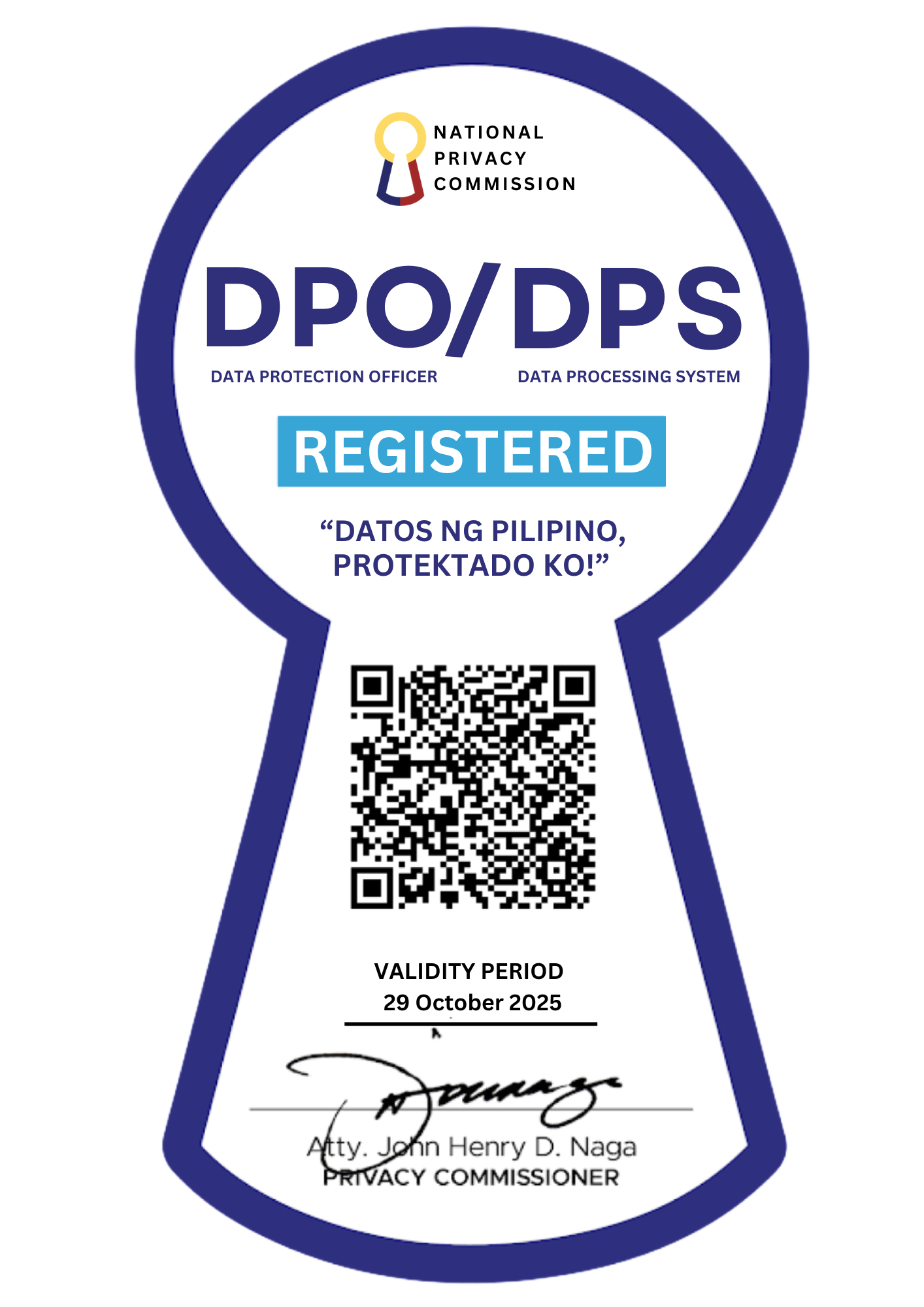August 21, 2024
Empowering Seafarers in the Era of Maritime Decarbonization
The maritime sector acts as a lifeline of the world economy in terms of trade and transportation. In recent years, digitisation, automation, and IOT have made considerable changes to improve efficiency, safety, and cost-effectiveness. The maritime industry is undergoing drastic change to reduce its environmental impact, and hence, many decarbonisation efforts have been introduced in recent years. Decarbonization is the key to a sustainable future for the maritime industry, and seafarers play a critical role in making this shift. It is important to consider how decarbonisation strategies and technologies will impact seafarers onboard and their role in emission reductions. We should empower the crew and seafarers to understand the importance of energy saving and do their bit to reduce fuel consumption and, ultimately, reduce emissions. Training the seafarers should be at the top of the agenda for Organisations that would like to achieve emissions reduction targets for compliance or business-related activities. It is quite evident that technical skills remain the paramount factor in driving decarbonisation. Operation and maintenance of zero-emission technology and familiarity with new alternative fuel systems are required to enable this transformation. Additionally, seafarers must develop critical thinking and decision-making abilities to confront the challenges posed by decarbonisation. They must prioritise environmental impact by interpreting data, doing risk analyses and making data-driven decisions. Any new technology comes with certain implications concerning safety aspects, stability changes, operations and increased workload with new maintenance activities.
LINK: https://seafarertimes.com/2020-21/node/9049

